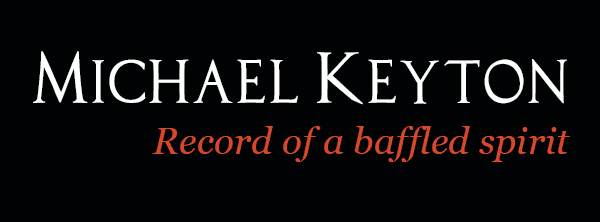Yesterday a bulky
envelope came through the letterbox from the Red Cross. It contained a
bookmark, two attractive looking cards, two coasters, and a pen. With these
came an invitation to pay a monthly subscription to said charity. It prompted
the urge to check out how much the whiz-kids who thought this would open my
pockets were being paid. I went on the Red Cross website, clicked on FAQ’s and
scrolled down to the relevant question:
How much of my donation is spent on your
directors' salaries?
But answer was there
none. Instead we had gobbledegook :
Our directors' salaries
form part of our administration costs and are not linked to your donation as they
do not work on Performance Related Pay (i.e. their salaries are not a
percentage of our income).
Followed by the
familiar line:
Charities are complex
organisations with the same need for professionalism and effective management
structures as any other organisation in the private or public sector.You just know when you are being talked down to.
You had to search further for a straight answer. In 2010 Red Cross
Salary costs including National Insurance and Pension commitments amounted to
£69.6m. Its head honchos earned between £90,000 to £180,000.
This is par for
the course. Charity websites show salaries hovering between £50,000 and £80,000
with job descriptions such as ‘corporative development managers.’
Save the Children
spent £88million on humanitarian assistance in 2009 and £58 million on staff
wages. Child Poverty Action Group spent £1, 5551,000 of its income on
alleviating child poverty and £1, 9990,000 on staff wages – though its chief
executive came in a little less than the Red Cross’s at a measly £137,000.
But then charities
like Save the Children can afford to be generous. The largest donor to this
charity in 2009 was the Government, which gave £19million. The European Union and
America
contributed a further £22million between them.
This it seems is
not enough. The Charity Aid’s Foundation (Which recently advertised the job
of Head of Advisory and Consulting at a salary of £75,000) called for action to
ensure that young people thought about giving. Its Chief executive John Low
said:
“The young need to
be taught about charities as part of the national curriculum.” This was in
response to a report that older people give more to charities than the young. Mind
you, it is this older generation that has benefited from cheap mortgages, the
housing bubble, free education and who enjoyed early retirement on relatively
generous pensions. Wecan afford to be generous.
This, apparently, ‘meaner’
younger generation have student debts to pay off; they’re exhorted to save for
impossible mortgages as well as providing for their old age. Their taxes
subsidise this charity and that, along with overseas development – and now the
proposal that children have compulsory lessons on why they should give more. It’s
all very reminiscent of ‘political apathy’ and for much the same reasons.




